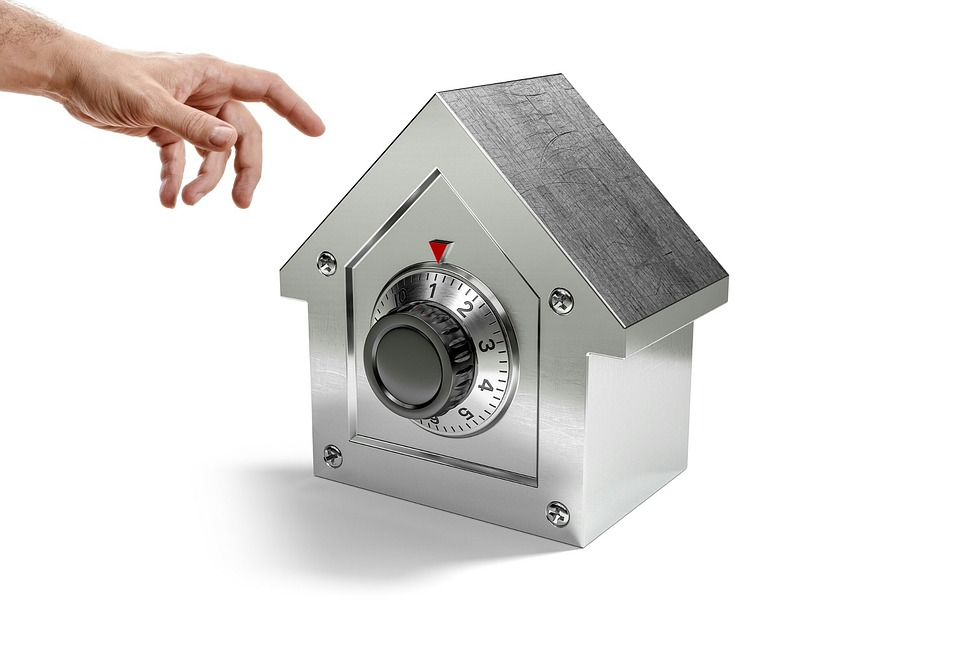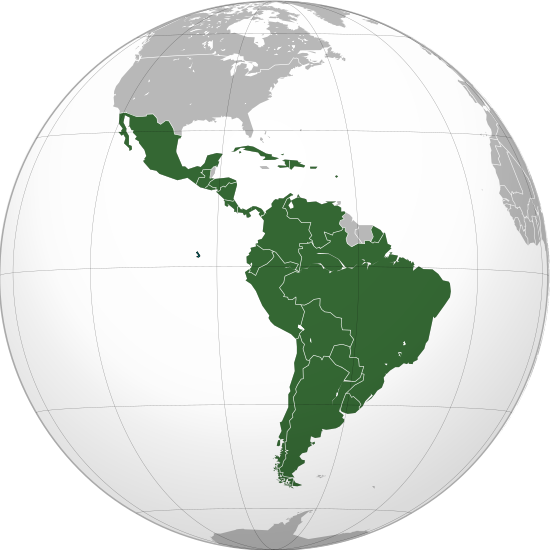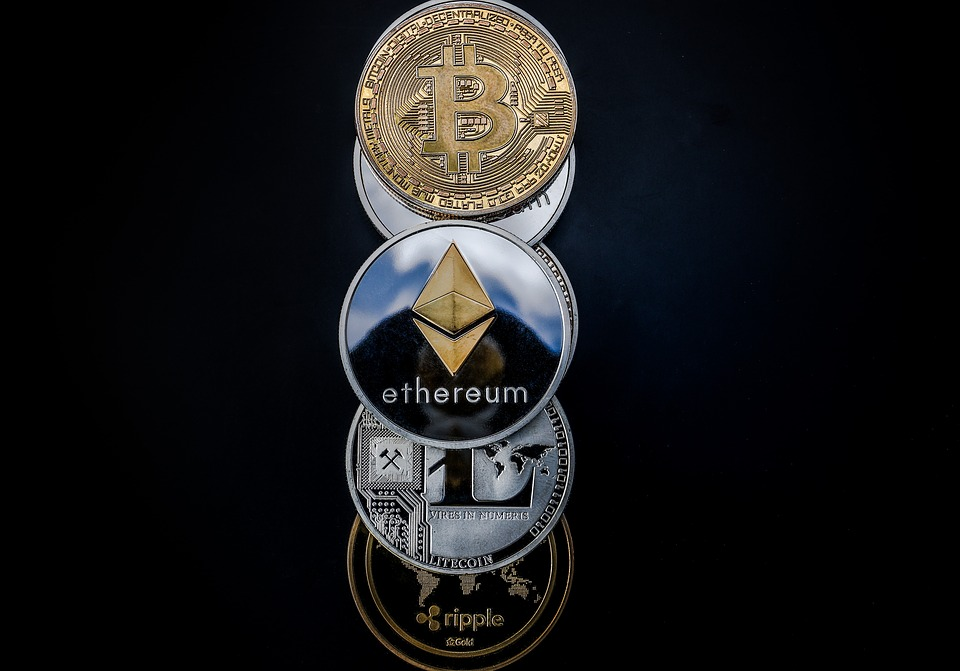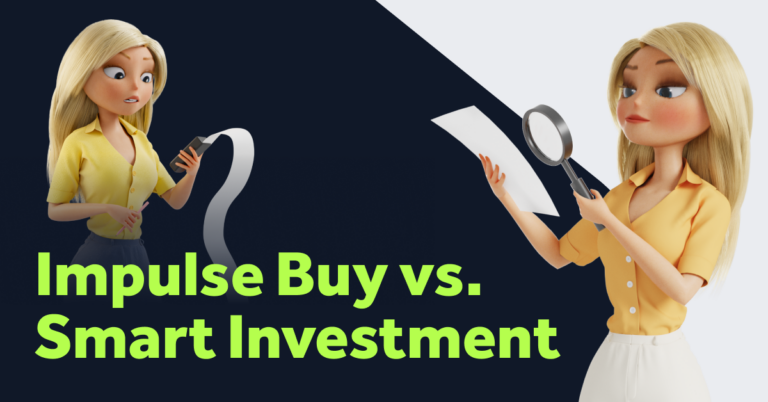A lot has happened over the past few weeks for MakerDAO, and none of it was good. The stablecoin project was hit hard by a sudden, 30% drop in the price of Ethereum. As a result, $8.32 million was liquidated from MakerDAO in exchange for 0 DAI, the protocol’s stablecoin. This event — dubbed ‘Black Thursday’ — sent shockwaves to the community, where many token holders with collateral in the system saw much of their collateral lost:

On March 12, ETH saw a dramatic drop in price, losing 30% value in approximately 24 hours. This, plus a rapid increase in gas prices put stress on the Maker Protocol, the community, the Maker Foundation, and the Ethereum DeFi ecosystem as a whole.
At one point, MakerDAO considered a shutdown of its system, which would flood 2.4 million Ethereum into the open market. This, however, did not occur. Instead, functionality was added to allow the community to use USD Coin as collateral on the platform, opening it up to even more funding.
While coronavirus fears sent equities markets tumbling, many wondered if Bitcoin would be immune to the carnage. This question was quickly answered as the cryptocurrency saw its biggest price decline in seven years, falling from $10,000 to below $5,500 in less than one month.
Many investors see the movement of Bitcoin right alongside equities as a bad sign for the cryptocurrency. Economist Peter Schiff noted that Bitcoin provides no investment value if it is correlated with other markets:

“Bitcoin is no longer a non-correlated asset. It’s positively correlated to risk assets like equities and negatively correlated to safe-haven assets like gold. When risk assets go down, Bitcoin goes down more. But when risk assets go up, Bitcoin goes up less. No value in that!”
Still, others are more optimistic about Bitcoin’s chances to gain ground in a prolonged global recession.
As it turns out, Bitcoin and other cryptocurrencies were being used to fund ISIS. Zoobia Shahnaz, a New York resident, sent over $150,000 to the terrorist organization, much of it coming from cryptocurrencies purchased using stolen credit cards.
She was arrested in 2017 at JFK airport in New York while attempting to board a flight to Turkey:
Shahnaz defrauded numerous financial institutions to obtain money for ISIS, including a loan for approximately $22,500. Shahnaz also fraudulently obtained more than a dozen credit cards and used them to purchase approximately $62,000 in Bitcoin and other cryptocurrencies online. Shahnaz then made multiple wire transfers totaling more than $150,000 to individuals and entities in Pakistan, China and Turkey that were fronts for ISIS.
Shahnaz, who previously pled guilty in November 2018, was sentenced to 13-years in prison by a US district judge.
Cryptocurrency exchange Binance has once again expanded its peer-to-peer trading platform. This time, the platform heads to Latin America, where it will support five currencies in the region. The company’s CEO, Changpeng Zhao highlighted the importance of both cryptocurrency and p2p trading in the region:

“There is a strong need for cryptocurrency in Latin America, especially for financial access. Roughly 50 percent of the Latin American population is unbanked, and Latamex is a response to our users’ demands and the current market climate. Working with Settle Network allows us to instantly bridge the gap between fiat and crypto for Latin American traders. We are continuing to build with our key partner, Settle Network, to bring wider accessibility of cryptocurrency in Latin America and will support additional local fiat currencies in the region in the future.”
Latin America has already shown its support for cryptocurrencies. This region has consistently been at the top of the list of cryptocurrency users, with residents fearing the continued devaluation of fiat currencies.
Ethereum co-founder Vitalkik Buterin says he is still embarrassed at the lack of continuity between the industry’s two largest cryptocurrencies: Bitcoin and Ethereum. As a result, Buterin tweeted that he would like to see more services to allow users to swap between the two cryptocurrencies with little to no barriers:

“We should put resources toward a proper (trustless, serverless, maximally Uniswap-like UX) ETH <-> BTC decentralized exchange. It’s embarrassing that we still can’t easily move between the two largest crypto ecosystems trustlessly.”
Luckily for Buterin, there are several projects in the works to bridge this divide. Uniswap is working to create a decentralized exchange to swap cryptocurrencies with ease. Then there are services like Changelly and Shapeshift which allow for coin swapping without an order book.
*As with any investment, your capital is at risk. Investments made through Bondora are not guaranteed; therefore any assets allocated to the Go & Grow account are not guaranteed by any state fund or otherwise secured and it may not be possible to liquidate assets or withdraw money immediately. The yield is up to 6.75% p.a., but please note that the yield achieved in past periods does not guarantee the rate of return in the future. Before deciding to invest, please review our risk statement or consult with a financial advisor if necessary.


